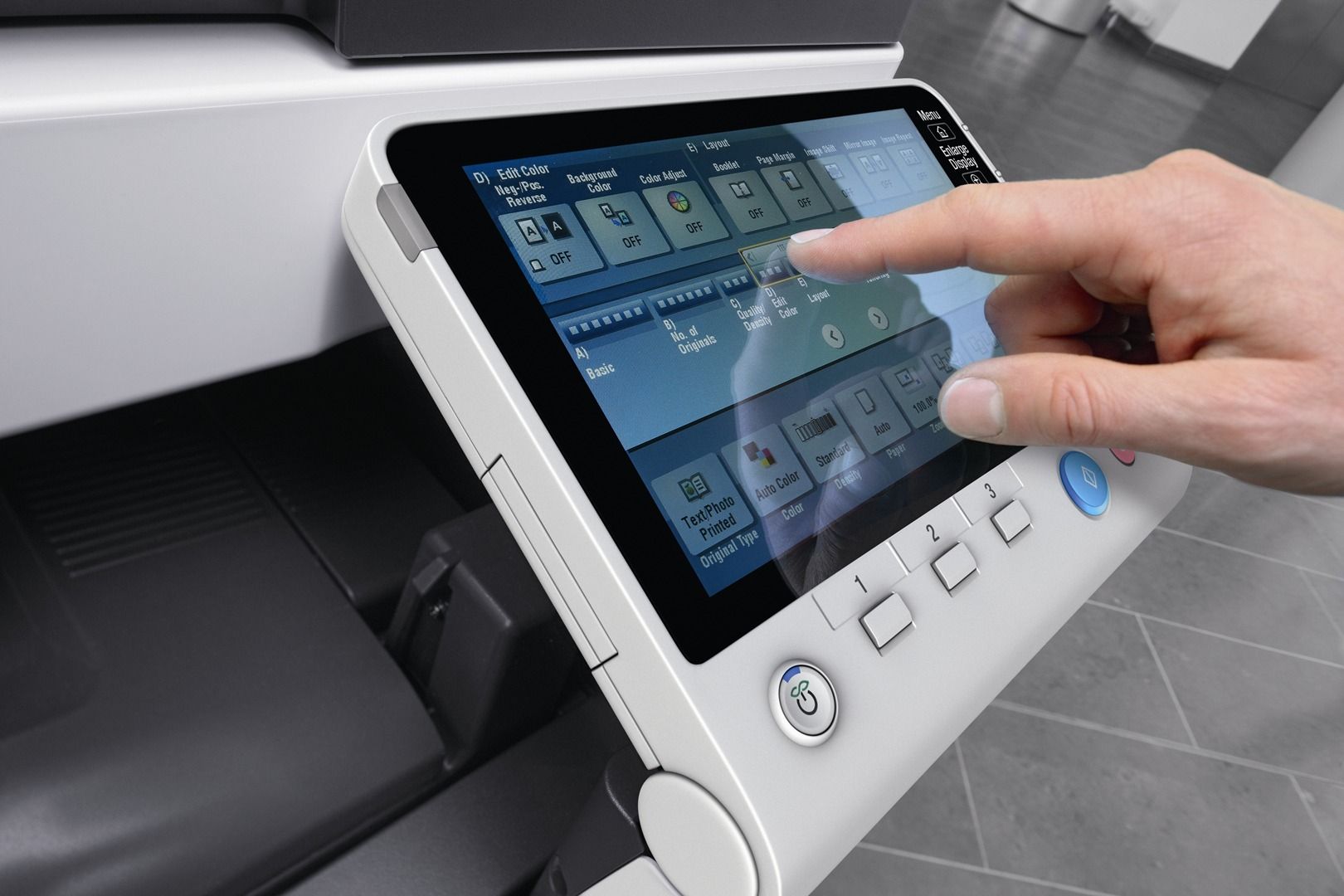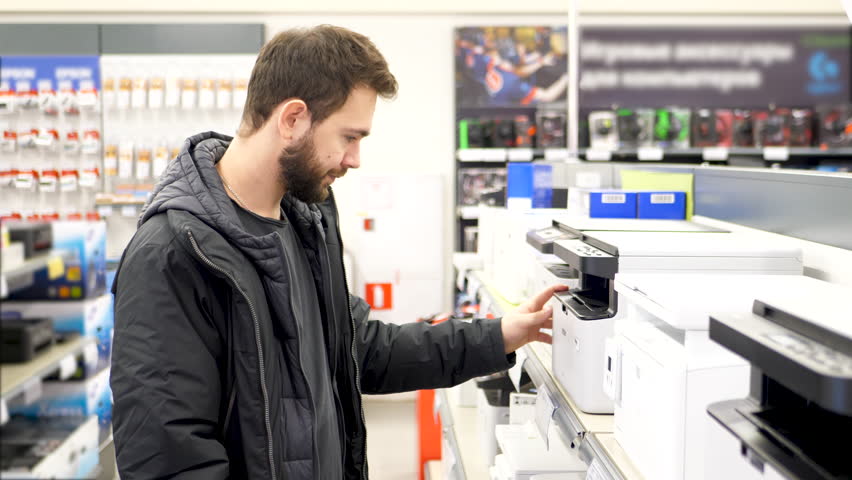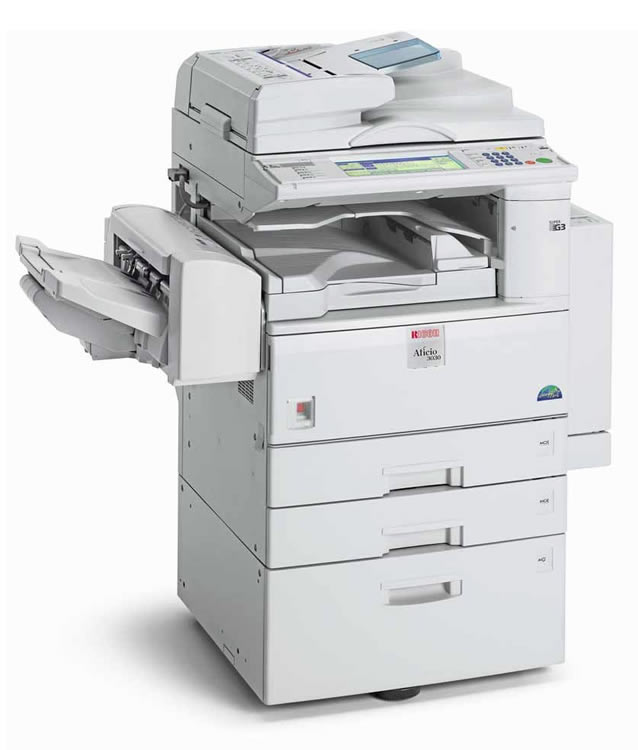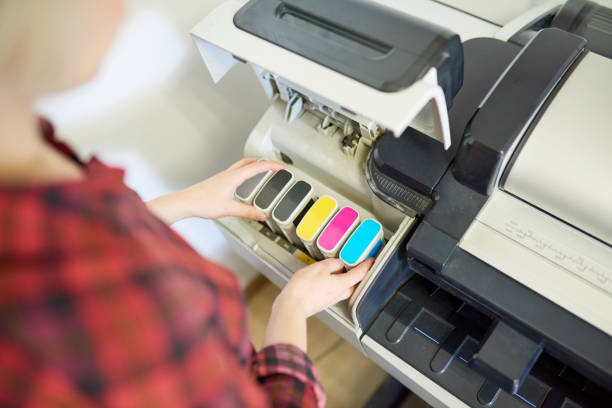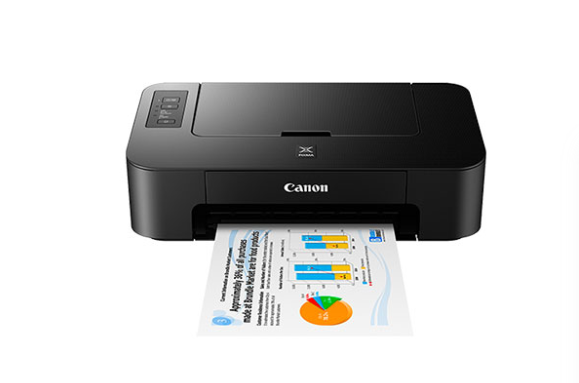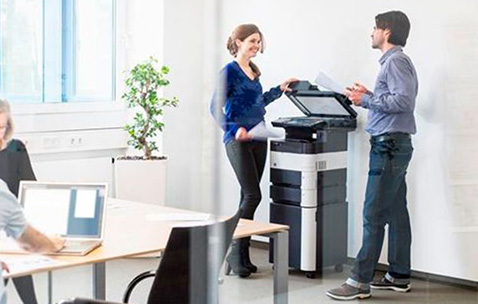
How often do you need to copy documents? If you don’t know, or if the answer is “less than once a year,” leasing a copier might be right for your business. But there are so many things to watch out for when it comes to making this decision! In this article, we’ll cover some of the top 5 things that leasing a copier entails.
1) What kind of copier should I get?
2) How much space should my office have?
3) How much does leasing cost
4) What types of copiers are the least expensive?
5) Is leasing a copier the best option?
If you are in Los Angeles and you are looking for a Copier for your business, you may contact Clear Choice Technical Services in Los Angeles. You can ask about Copier Leasing Services in Los Angeles, Copier rental services in Los Angeles.
What kind of copier should I get?
It’s easy to make a mistake when leasing a copier, especially if you don’t know what kind of machine you want. Do your research first and ask questions about the following features:
– color or black/white
– size (standard letter paper or legal)
– “cut” feature for folding up sheets into thirds before they are copied
– duplexing capability (can copy both sides at once with one pass)
“Cut feature for folding up sheets into thirds before they are copied.”
This is an important issue because if you don’t want to fold the copies yourself, make sure that your copier can do it. There are different cutting features: some cut off one side and then stack them, while others will create three pieces at once. Be aware that many leasing companies charge extra if there’s a “cut” function on the machine–so ask about this when negotiating terms with potential vendors.
How much space should my office have?
The amount of space needed depends on how often your company makes copies and what type of copier you choose. A smaller machine, for instance, takes up less space than a larger one.
How much does leasing cost?
Leasing can be costly due to the high monthly payments and late fees if there’s any damage or missing parts from your leased equipment. To avoid this happening, make sure that you read through all contract documents carefully before signing them–and always find out whether the vendor is willing to offer an extended warranty (which will help cover those damages).
What types of copiers are the least expensive?
The most affordable type would be copying functions instead of anything else like printing options or transmission (namely through telephone lines). This will save you money in the long run since those other features will make up more than half the cost of your leasing contract.
What are the different leasing options?
There are three main types of leases to consider: long-term, intermediate and short-term. Long-term lease agreements typically last for one or two years (with a possible extension period), while a medium deal lasts between six months and a year. Short-term contracts usually last from four weeks up to three months but may be renewed if you’re satisfied with the service. The longer your agreement is in place, the cheaper it will get–so keep that in mind when determining which type of lease best suits your company’s needs!
Is leasing a copier the best option?
Leasing a copier is perfect if you need something more potent than what your office needs for its day-to-day operations. And leasing can be an ideal option for those who want to upgrade their equipment every few years.
What should I consider before leasing?
You’ll want to make sure that the machine can handle all of your printing and copying projects–or else, it’s not going to be worth leasing! You also don’t want to hire a machine with features that you won’t use or will never take advantage of because they cost extra money each month.
A long-term contract might have higher monthly payments but fewer upfront costs (in most cases), so it could work out well over time. If an intermediate agreement sounds like the best option for your company, you might find yourself paying around $25 per hour.
While leasing is an excellent option for those who need office equipment with high-powered capabilities, you’ll want to make sure that the machine can handle all of your printing and copying projects–or else it’s not going to be worth leasing! You also don’t want to hire a machine with features that you won’t use or will never take advantage of because they cost extra money each month.
Long Form: The benefits of leasing are plenty, whether you’re looking for a high-powered machine that can handle all of your printing and copying needs, or you’re just looking for an intermediate agreement. If leasing a copier from the beginning is something that’s in your best interest, then make sure to do some googling before making any decisions, as there are many benefits associated with leasing options.

